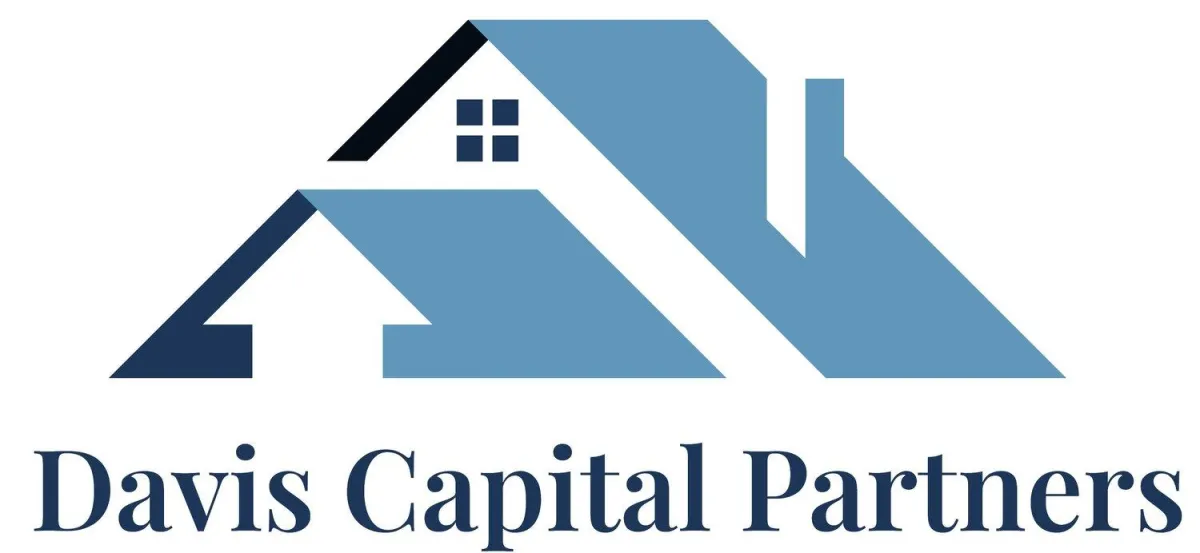Blog

Joint Tenants With Rights of Survivorship
👉🏽Investing as joint tenants with rights of survivorship (JTWROS) is a type of ownership where two or more individuals jointly own an asset, such as a property or investment, and have the right of survivorship. This means that if one owner dies, their share of the asset automatically transfers to the surviving owner(s) without the need for probate.
JTWROS ownership is a common way for married couples, business partners, or family members to hold assets.
When investing in syndications as joint tenants with rights of survivorship, each owner has an equal share in the investment and is entitled to an equal portion of any profits or losses. Additionally, each owner is jointly and severally liable for any debts or obligations related to the investment. This means that if one owner incurs debt or liability, the other owners are also responsible for paying it.
Investing in syndications as joint tenants with rights of survivorship (JTWROS) can have both advantages and disadvantages. Here are some of the main ones:
Advantages:
1. Simplicity:
JTWROS ownership is a simple and straightforward way for two or more people to own an asset together. When one owner dies, the remaining owners automatically inherit the deceased owner's share of the asset.
2. Avoiding probate:
JTWROS ownership can help avoid probate, the legal process of settling a deceased person's estate. When one owner dies, their share of the asset passes directly to the surviving owners, without going through probate.
3. Protection from creditors:
JTWROS ownership can also offer some protection from creditors. If one owner has creditors or is sued, the asset may be protected from creditors as long as the other owners are not also liable.
4. Estate planning benefits:
JTWROS ownership can be a useful tool for estate planning. It can help ensure that assets are passed on to heirs in a straightforward and tax-efficient manner.
Disadvantages
1. Equal ownership:
JTWROS ownership means that each owner has an equal share in the asset. This can create problems if the owners have different ideas about how the asset should be managed or disposed of.
2. Liability:
JTWROS ownership means that each owner is jointly and severally liable for any debts or obligations related to the asset. This can be a disadvantage if one owner incurs debt or liabilities that the other owners do not want to be responsible for.
3. Limited flexibility:
JTWROS ownership can be inflexible. It can be difficult to transfer ownership to another party, since all owners must agree to any transfer.
4. Tax implications:
JTWROS ownership can have tax implications. When one owner dies, the other owners may inherit the deceased owner's share of the asset at its current market value, which can trigger capital gains tax.
Overall, JTWROS ownership can be a useful tool for co-owning assets, including syndications. However, it is important to consider the advantages and disadvantages carefully before deciding whether JTWROS ownership is right for you. It is always recommended to consult with a legal or financial professional before making any major decisions.
Remember, I’m not a CPA, Financial advisor or a Tax Attorney, so take the things you’ve learned here as inspiration for more research and food for thought, as you further examine the most efficient way to move toward your lifestyle and investment goals.

No Offer of Securities—Disclosure of Interests. Under no circumstances should any material at this site be used or considered as an offer to sell or a solicitation of any offer to buy an interest in any investment. Any such offer or solicitation will be made only by means of the Confidential Private Offering Memorandum relating to the particular investment. Access to information about the investments is limited to investors who either qualify as accredited investors within the meaning of the Securities Act of 1933, as amended, or those investors who generally are sophisticated in financial matters, such that they are capable of evaluating the merits and risks of prospective investments.
© 2025 Davis Capital Partners. All Rights Reserved.

